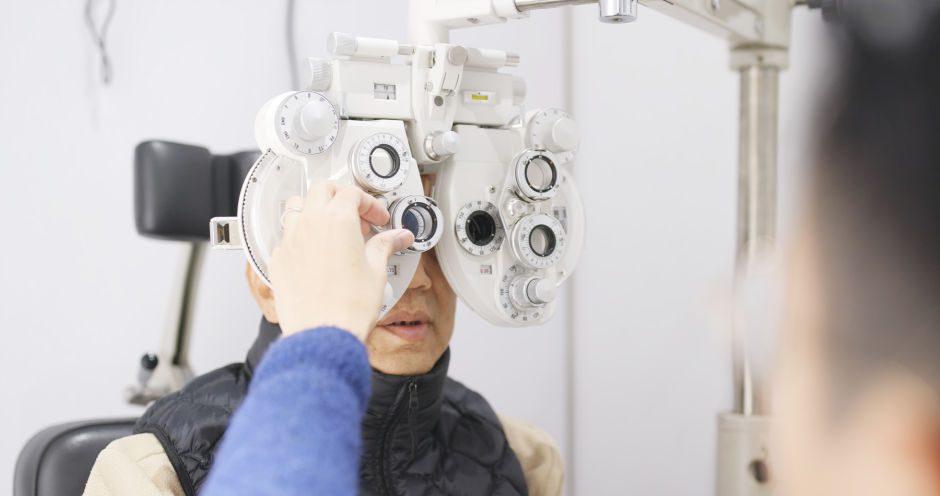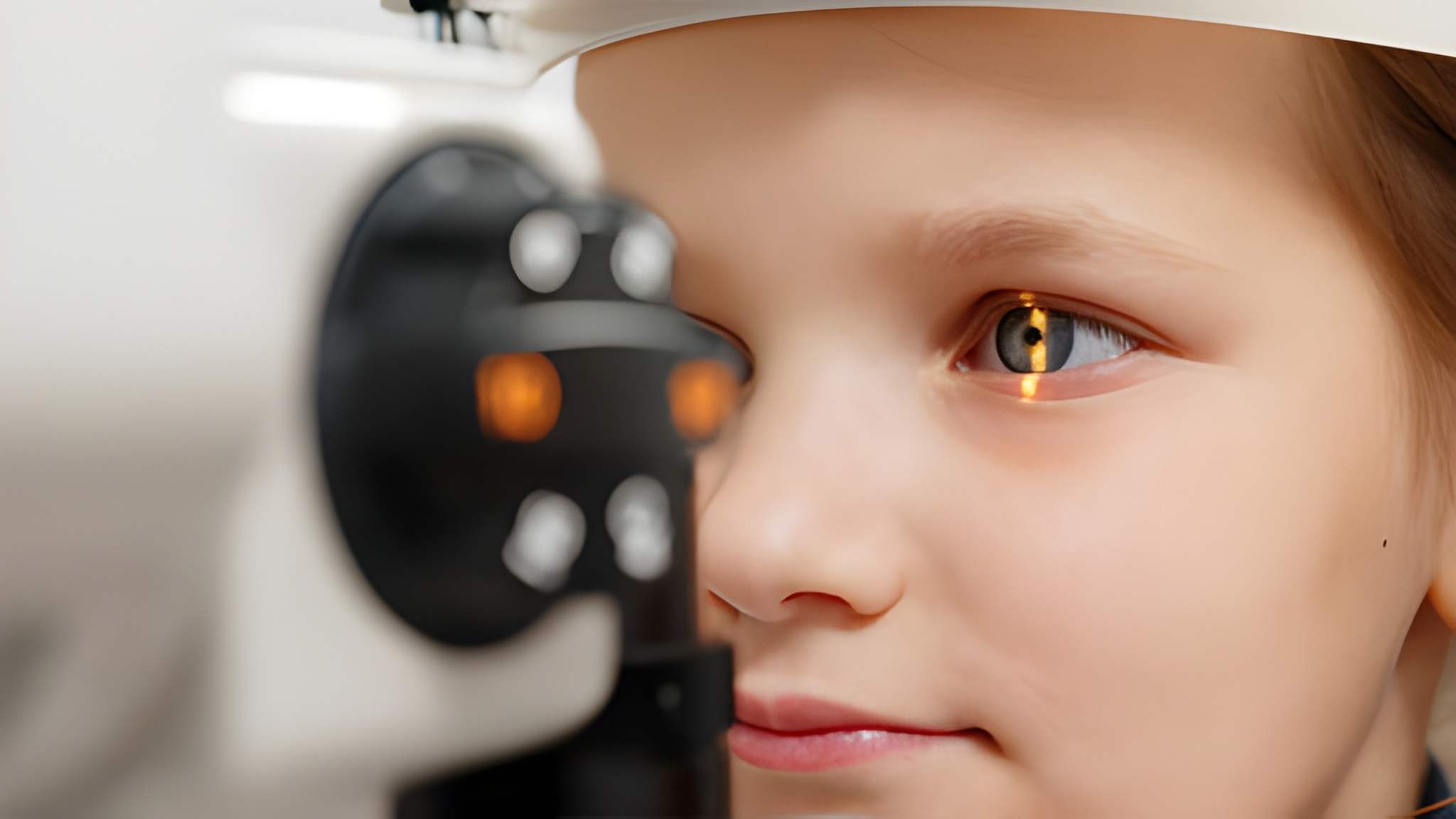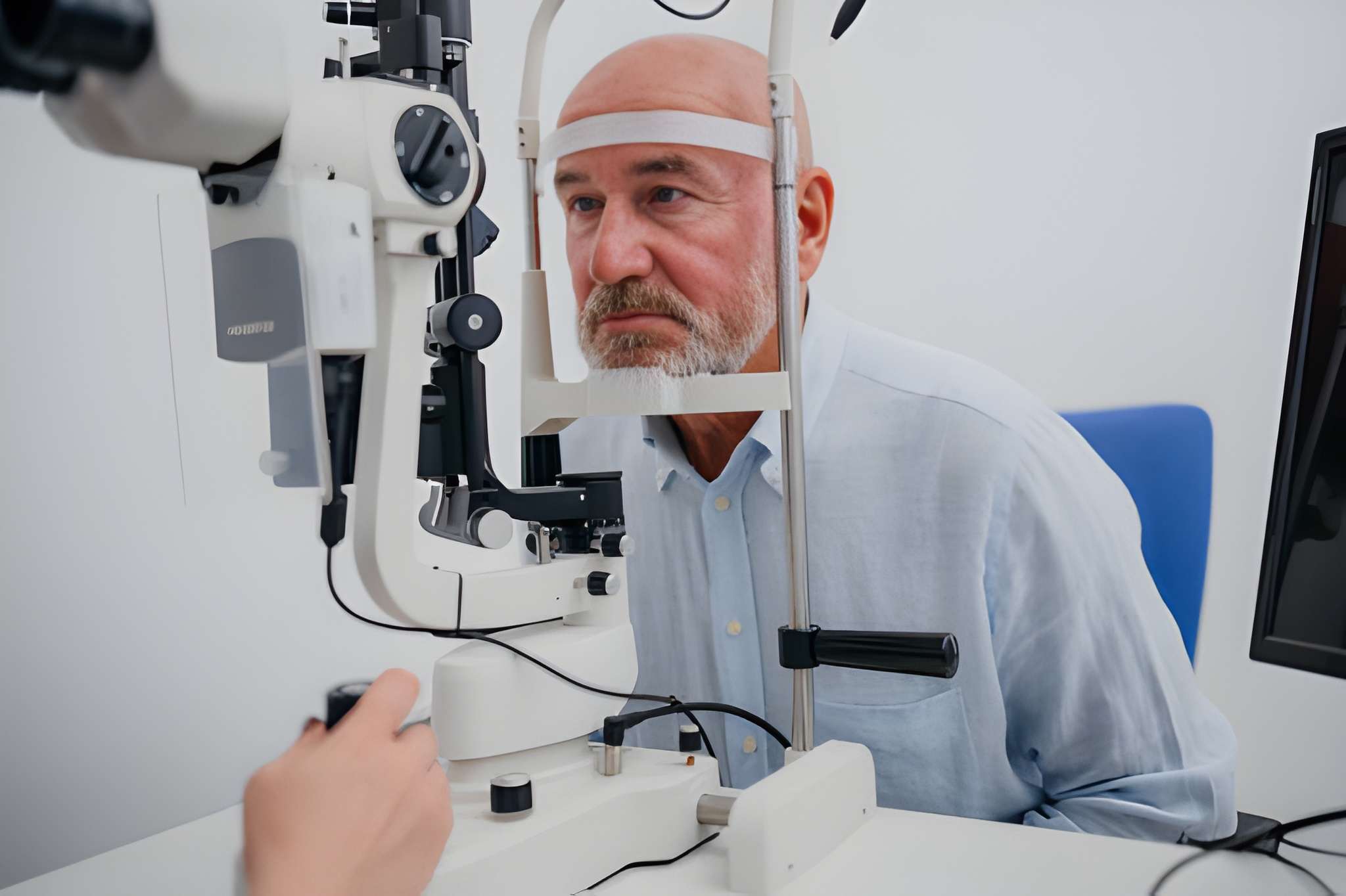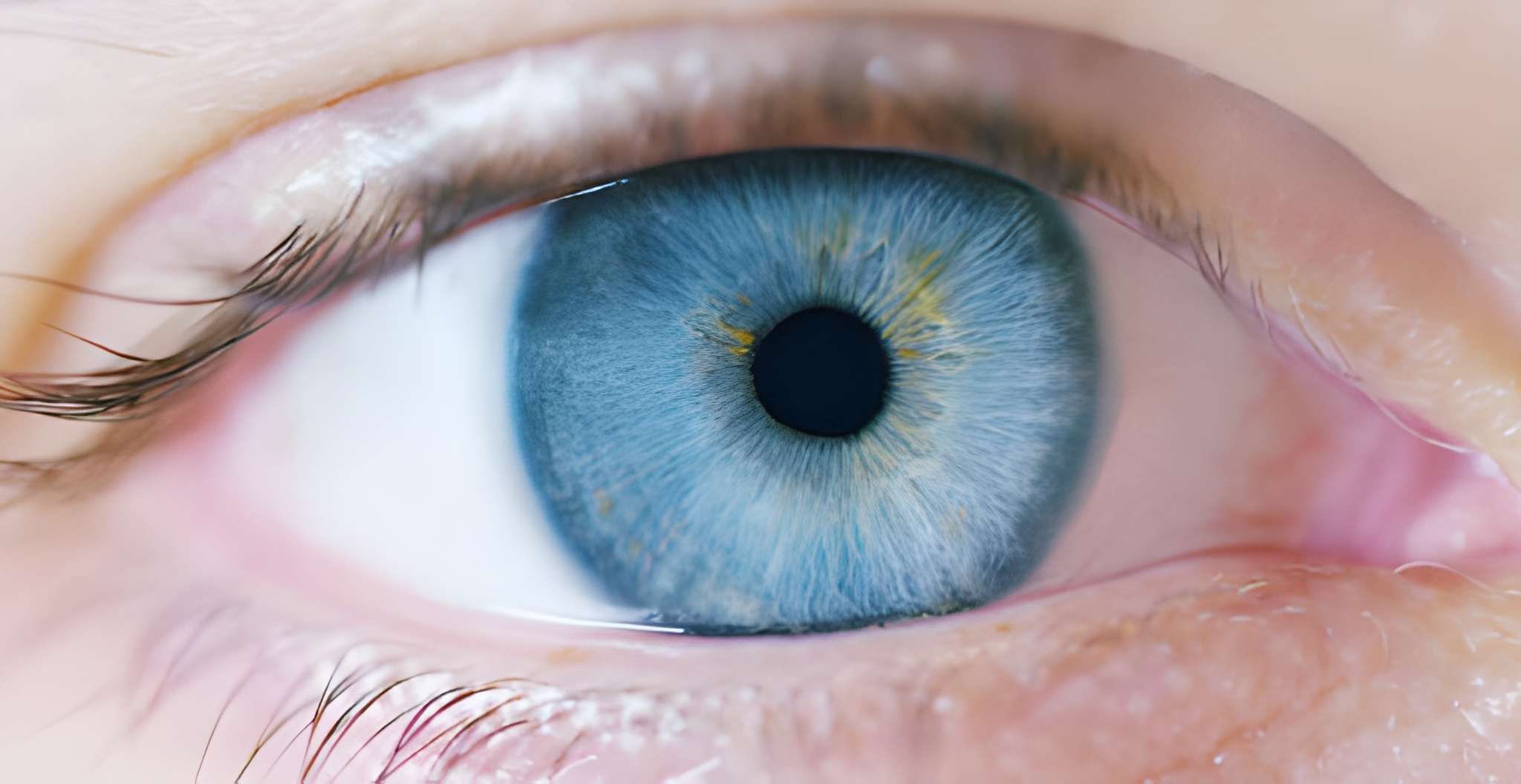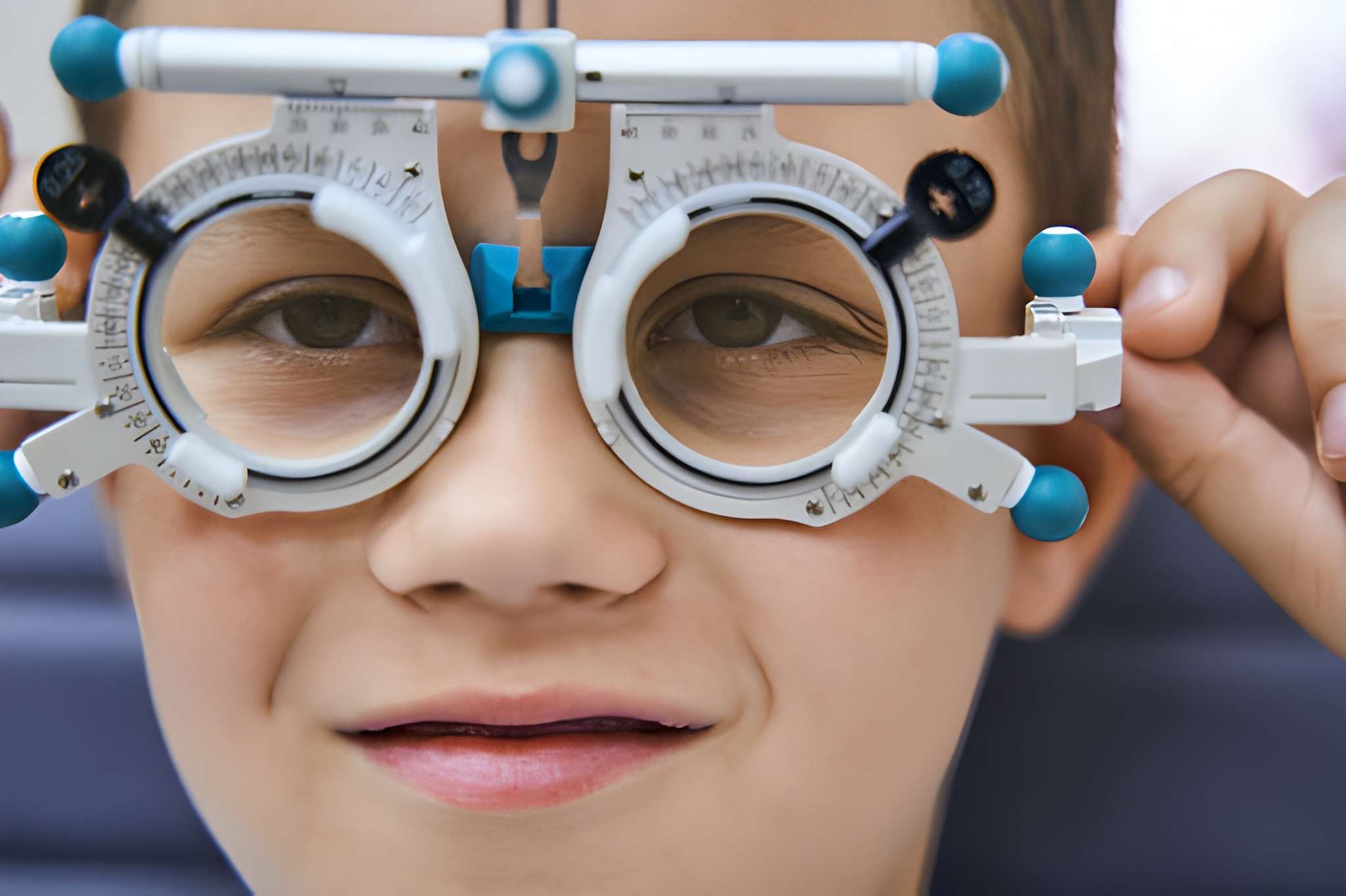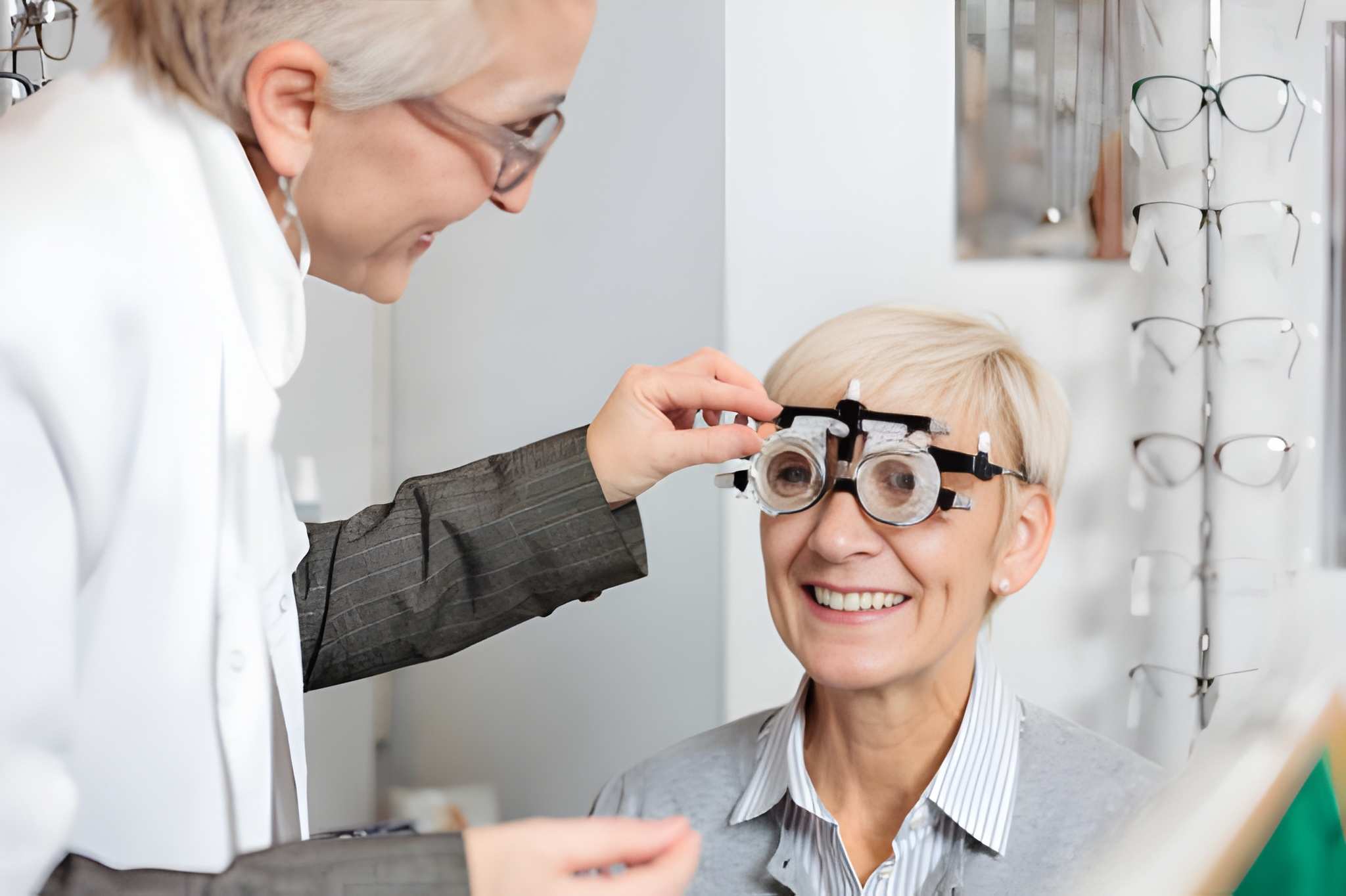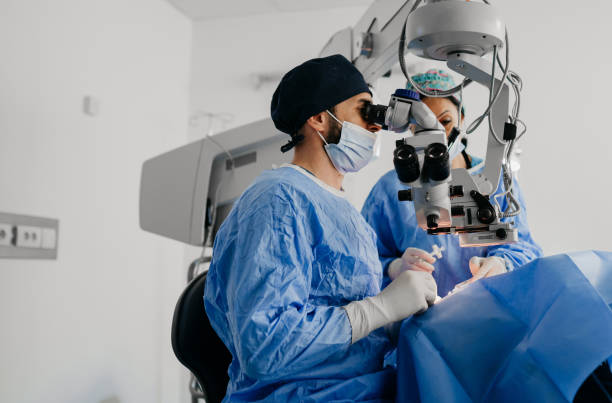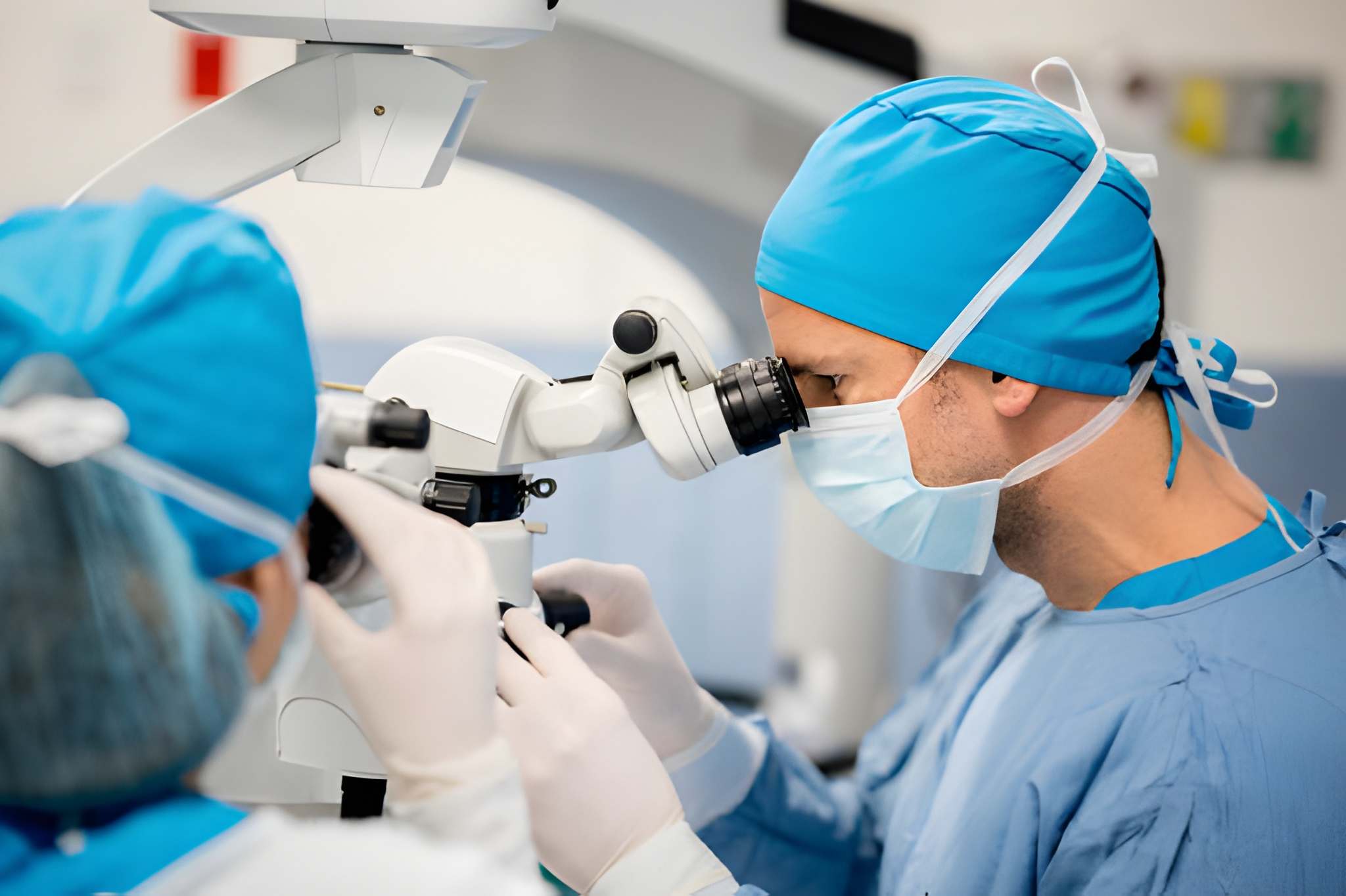In the symphony of human health, vision plays a critical role, granting us the ability to experience the world’s beauty and navigate its complexities. However, amidst the hustle and bustle of daily life, it’s easy to overlook the importance of eye health until issues arise. Ensuring optimal eye care requires understanding the roles of various eye care professionals and knowing when to seek their expertise. This comprehensive guide aims to shed light on the different types of eye doctors and their specialties, empowering readers to make informed decisions about their eye health.
Who is an Eye Specialist?
At the forefront of eye care are ophthalmologists, medical doctors who specialize in the diagnosis, treatment, and management of eye diseases and disorders. With extensive training encompassing medical school, internship, residency, and often fellowship, ophthalmologists are equipped to address a wide range of ocular issues. They possess the expertise to perform intricate eye surgeries, prescribe medications, and provide comprehensive eye care services.
Complementing ophthalmologists are optometrists, healthcare professionals trained to deliver primary eye care services. Optometrists conduct comprehensive eye exams, assess visual acuity, diagnose refractive errors, and prescribe corrective lenses. Additionally, they are adept at identifying and managing common eye conditions such as dry eye syndrome, glaucoma, and diabetic retinopathy.
Opticians, meanwhile, specialize in fitting and dispensing eyeglasses and contact lenses based on prescriptions provided by ophthalmologists or optometrists. They play a crucial role in ensuring that patients receive eyewear that not only corrects vision but also fits comfortably and meets their visual needs.
Read More: How to Improve Eyesight
Signs of Vision Loss
The human eye, while resilient, is susceptible to various ailments that can impair vision. Recognizing signs of vision loss is paramount for early intervention and treatment. Symptoms such as blurry or distorted vision, difficulty seeing objects up close or at a distance, eye fatigue or strain, and frequent headaches should not be ignored. Other indicators, including sensitivity to light, seeing halos around lights, or experiencing double vision, warrant prompt attention from an eye care professional.
Early detection of vision problems through regular eye exams can prevent further deterioration and preserve visual function. It’s essential to prioritize eye health and seek professional guidance at the first sign of trouble.
Causes of Eye Pain
Eye pain, a distressing symptom, can stem from various sources, ranging from minor irritations to serious medical conditions. Eye strain, often precipitated by prolonged use of digital devices or engaging in close work, can lead to discomfort and fatigue. Dry eye syndrome, characterized by insufficient tear production or poor tear quality, can result in dry, irritated eyes that are prone to pain and inflammation.
Eye infections, such as conjunctivitis (pink eye) or keratitis (corneal inflammation), can cause redness, swelling, discharge, and pain. Foreign bodies lodged in the eye, such as dust, sand, or debris, can trigger irritation and discomfort. Corneal abrasions, caused by scratches or cuts on the corneal surface, may manifest as sharp pain, light sensitivity, and blurred vision.
Book Consultation With: Retina Specialist in Dubai
While some causes of eye pain may resolve with rest and home remedies, persistent or severe pain necessitates immediate evaluation by an eye care professional. Delaying treatment can lead to complications and compromise visual function.
Eye Safety Measures
Preventing eye injuries is essential for maintaining eye health and preserving vision. Whether at work, home, or engaging in recreational activities, adopting eye safety measures can mitigate the risk of ocular trauma. Wearing appropriate protective eyewear, such as safety glasses or goggles, is crucial when working with hazardous materials, operating power tools, or participating in sports with the potential for eye injuries.
Practicing good hygiene, including washing hands before touching the eyes or handling contact lenses, reduces the risk of infections. Additionally, avoiding sharing eye makeup or cosmetic applicators can prevent the spread of bacteria and safeguard ocular health.
When to See an Eye Doctor
Regular eye exams are fundamental for detecting vision problems early and preserving eye health. Adults should undergo comprehensive eye exams every one to two years, while children and individuals with pre-existing eye conditions may require more frequent evaluations. In addition to routine screenings, specific symptoms necessitate immediate attention from an eye care professional.
Sudden changes in vision, such as blurriness, distortion, or loss of vision, should prompt a visit to the eye doctor. Eye pain, redness, swelling, or discharge, as well as flashes of light, floaters, or dark spots in the field of vision, warrant prompt evaluation. Other concerning symptoms include double vision, difficulty focusing on objects, sensitivity to light or glare, and gradual or sudden onset of headaches, particularly when accompanied by eye discomfort.
Timely intervention is critical for preserving visual function and preventing irreversible damage. Don’t delay—schedule an appointment with an eye doctor if you experience any of these symptoms.
Daily Eye Care Routine
Incorporating a daily eye care routine into your lifestyle can promote eye health and reduce the risk of vision problems. Simple habits such as eating a balanced diet rich in antioxidants, vitamins, and minerals support ocular health and reduce the risk of age-related eye diseases. Staying hydrated by drinking an adequate amount of water maintains moisture levels in the eyes and prevents dryness and irritation.
Taking breaks from digital screens, practicing the 20-20-20 rule (looking at something 20 feet away for 20 seconds every 20 minutes), and ensuring proper lighting conditions reduce eye strain and fatigue. Additionally, practicing good hygiene, including cleaning eyelids and lashes daily to remove debris and bacteria, supports ocular health.
Protecting your eyes from the sun’s harmful ultraviolet (UV) rays by wearing sunglasses with UV protection whenever you’re outdoors reduces the risk of cataracts, macular degeneration, and other sun-related eye conditions. Finally, prioritizing quality sleep allows your eyes to rest and rejuvenate, reducing the risk of eye fatigue and strain.
By adopting these simple yet effective practices, you can maintain optimal eye health and enjoy clear vision for years to come.
Final Thoughts
In the realm of eye care, knowledge is power. Understanding the roles of different eye care professionals and knowing when to seek their expertise empowers individuals to take charge of their eye health. Whether consulting an ophthalmologist for specialized care, scheduling routine eye exams with an optometrist, or seeking guidance from an optician for corrective lenses, prioritizing eye health is paramount.
By recognizing signs of vision problems, practicing eye safety measures, scheduling regular eye check-ups, and incorporating a daily eye care routine into your lifestyle, you can safeguard your vision and enjoy a lifetime of clear sight. Remember, your eyes are precious—treat them with the care and attention they deserve.
Dr. Qasim is a dedicated advocate for eye health, committed to providing comprehensive care and promoting awareness of ocular wellness.



